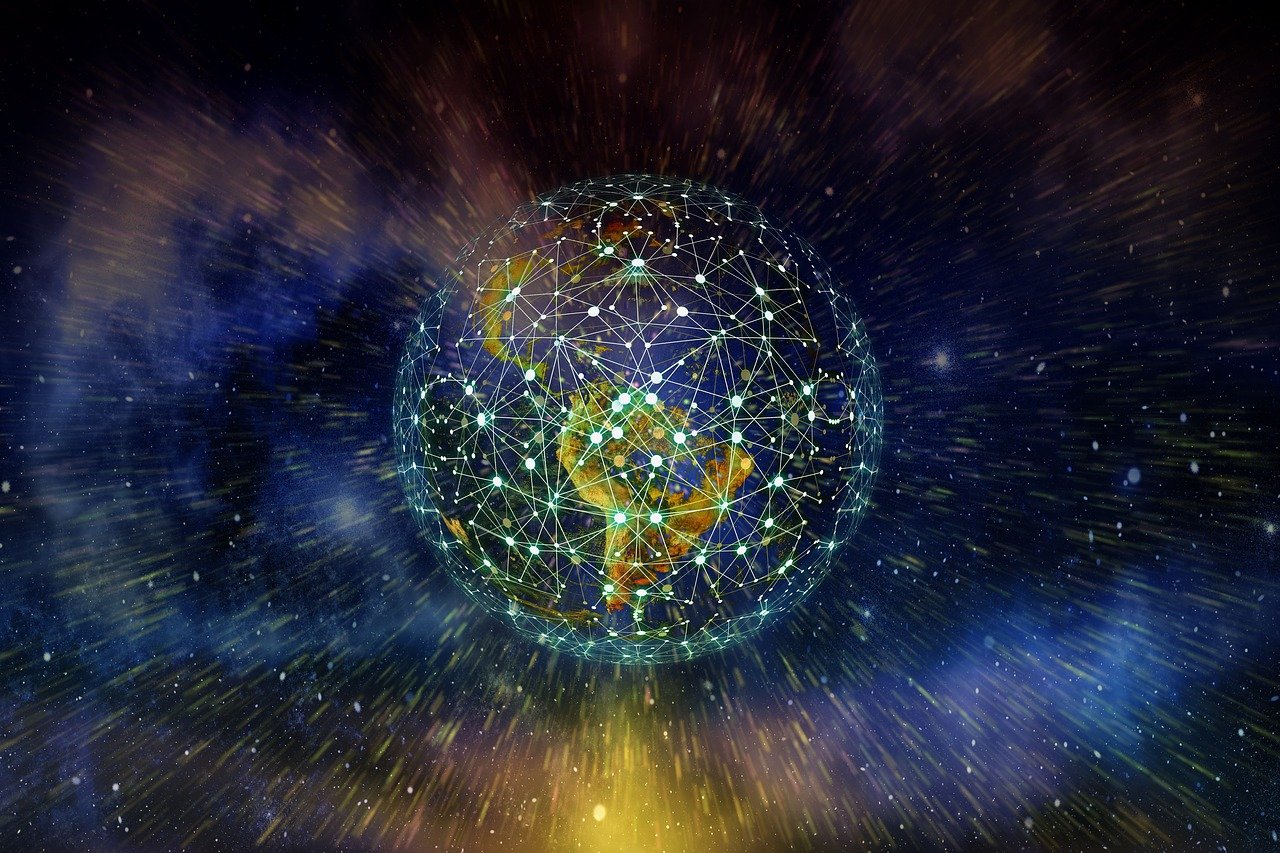Branch of science that deals with helping machines to find solutions to complex problems in a more human like manner. It is a simulation of human intelligence processes by machines, especially computer systems. It focuses on borrowing characteristics from human intelligence and applying them as algorithms to generate outputs in a computer friendly way.
It is a technological development that helps computers and machines to mimic decision-making and problem-solving capabilities of the minds of human beings.
Why is artificial intelligence needed
Although humans are one of the most capable creatures of the world, human minds are prone to certain limitations. Humans cannot properly explain how they recognize objects or cannot pass face recognition to other people by explanation. Whereas AI consists of expert systems with natural language processing with speech and text recognition. AI can process and generate complex information within seconds which the human mind is incapable of doing.
A brief history of AI
- The first electronic computer was used in 1941, it was when technology was finally available.
- After that, the term artificial intelligence was first used in 1956
- In 1960s, a checkers-playing program was introduced that could play with opponents
- Introduction of quality control systems in 1980s
- And finally, the introduction of the first walking robot in 2000
Impact of artificial intelligence on the society
Impacts of artificial intelligence is a widely debated topic. Some feel that the introduction of AI in the world has improved the quality of life as it has made life simpler, safer and more efficient. We are now able to get our task done at our fingertips or just with some instructions. Others argue that machines are a threat to privacy and have also replaced labour work leading to an increase in unemployment. Share your views on this through a guest blog on our Artificial intelligence write for us platform.
Subfields of Artificial intelligence
AI consists of many subfields constituting a variety of techniques, some of these are;
- Robotics
- Vision
- Speech processing
- Planning
- Machine learning
- Natural language processing
- Neural networks
- Evolutionary computation
In demand skills required for AI professionals
Domain knowledge
Having domain knowledge is necessary if you are thinking of pursuing a career in this industry as it helps you to understand the risks and challenges in this industry.
Programming languages
Good knowledge and proficiency in programming languages such as, Java, C++, Python, etc. are crucial for every AI professional.
Mathematical knowledge
Mathematical skills like linear algebra, probability, statistics, graphs etc. are crucial requirements for this industry.
Machine learning
It is the study of computer-based algorithms. The knowledge of ML is needed in artificial intelligence.
Neural network architecture
These are inspired by human brain structure and are a network of artificial neurons that are complex and developed.
Signal processing techniques
To transform pixel values into some meaningful information you must know how to solve problems using signal processing techniques.
Shell scripting
Shell scripting is another vital component of artificial intelligence used for pattern recognition.
Communication
The ability to communicate your ideas clearly and accurately is desirable in every profession.
Decision making
Taking the right decisions at the right time is crucial to save your team or company from any harm. Thus, making it an important skill.
Analytical skills
You must be able to analyse, learn, solve and implement necessary planning and development.
Creativity
You need to bring unique ideas that make you stand out from others.
Abstract
Artificial intelligence has made our living standards better by making things simpler and more accessible to human beings. The demand for AI is continuing to increase every passing day. It is an industry with great career scope as well.


.jpg)



0 Comments